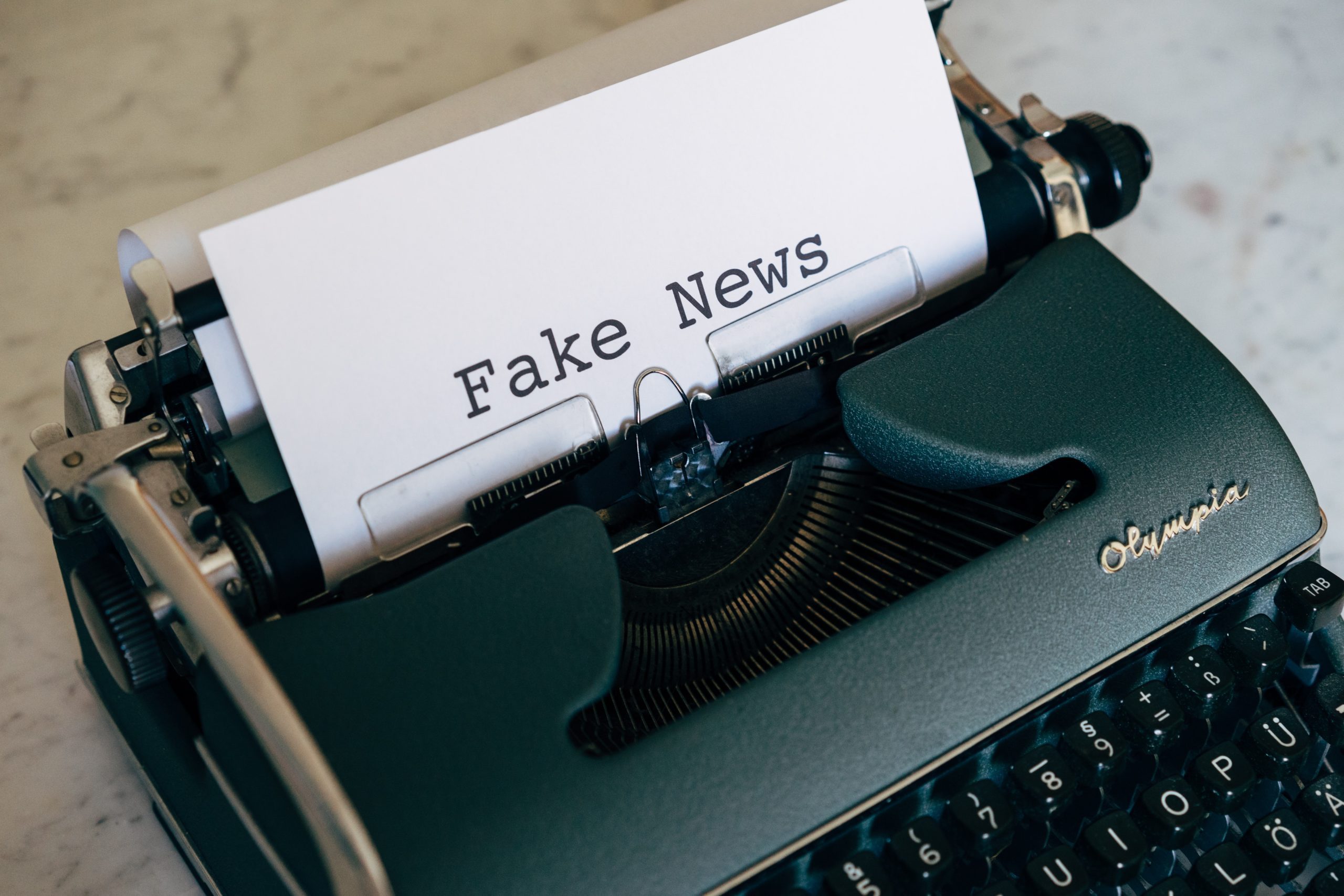The battle to deal with deceit, misinformation, and its related ills, or fake news, has been on for many years. You’ll see me use the word “battle” many times in my writings on this subject.
It’s a battle because the terrain is akin to warfare. In a battle where you either win or you lose, you come prepared with tools and resources that help you fight in order to win. If you don’t win, you prepare for another fight along the way.
I wrote this piece in May but put it on the shelf for a few months as I prepared for the launch of this website. And just before launch, I listened to an interview on NPR Fresh Air in which the authors of the book Like War, P.W. Singer, and Emily T. Brookling discussed cyber warfare. Right then I felt a heightened sense of how urgent the subject had become.
In a recent examination of the matter written for the U.S. Council on Foreign Relations by Robert Chesney, the writer states that the issue is “set to take a turn for the worse.“ Even more, Chesney says the issue has “frightening implication for foreign affairs and national security.”
Information Warfare
Today, the organizations and countries that want to win on the internet are engaged in what is called information warfare. There is even a name for it: cyber warfare. You plan your defenses and execute a strategy so that your adversaries on the web, who want to take you down through misinformation, do not succeed. How? You erect a firewall to block their intrusion mechanisms.

Newspapers on Table
For those who prefer to fight another way, they’ll attack the sources which the intrusion is coming from. This is known as a counter-attack. Some use espionage, spying, for example, in order to gain an advantage over those planning to destroy you. The military is good at this kind of game of maneuvering.
Fake news, a manifestation of this problem, is gaining ground. But fake news or false information is not new even though it is the subject of so much news today.
Fake news is information that is intended to mislead. Others call it disinformation. I prefer the word misinformation. On the internet where the problem is rampant, it’s even difficult to get a correct definition of fake news because everyone has their own take on it. So I skipped all of it and went instead to Merriam-Webster online. They define it in many ways but the below seemed applicable to what we are talking about.
Fake News in Africa
“The printing and dissemination of spurious news are hardly new, but the term fake news is,” according to Merriam-Webster online. The keyword here is spurious. Following this standard, the whole thing boils down to false or erroneous information with the intent to deceive.
In the real world of the dark web, however, where users disguise multiple identities and pretend to be real, it is difficult to separate fact from fiction.
When it comes to fake African news; misinformation about the African continent, half-truths, misrepresentation, and incomplete information such as telling just your side of a story, is rampant. Some of it comes not just through deceit, but through ignorance as well.
“The dissemination of misinformation through social media and mainstream news outlets is a global one, and Africa has not been spared,” according to U.S-based Center for Strategic and International Studies which held a discussion on the subject in 2017.
Talk Is Cheap
Sadly many African themselves, while we gripe and complain that the news is not fair, have done very little to fight back or correct the news. Most of what I’ve seen as far as this matter is concerned are discussion groups, speeches, meetings, news conferences, and blog posts that criticize the nature of the reporting. Many films have been inspired by this, and many television channels and newspapers have formed because of this. But not much to point out what’s wrong and then take the critical next steps to try to fix it. This takes time and effort.
With the exception of scholarly books written on the subject and taught at universities in America, there is no organized effort to really deal with it so that there is accountability.
Nevertheless, some pan-Africanists have grown frustrated that the African continent is being misrepresented because of this phenomenon. I refer to the people or groups concerned with Africa misinformation as Pan-Africanists because they believe in a real, authentic, vibrant, and prosperous African continent that is strong and can stand up for itself.
The damage that this poses to the reputation of the African continent is immense. It is the reason why these organizations have formed to confront and deal with this issue.
How to Fight Misinformation and Fake News
Today I am highlighting some of them in order to bring attention to their work.
I must note that as I researched the subject I did not find much. There are not many organizations working on this issue. Some of the organizations I came across have been around for some time. Some, while not popular, kept showing up, including Africa Check, Africa Is A Country, Africa Media Initiative, and Africa The Good News.
Meanwhile, the motivations of these organizations appear different. While some were created primarily for fact-checking purposes, others operated not just as fact-checkers but also as publishers of original news. Plus, the organizations differed in the scope and size of operations.
Today I’ll highlight Africa Is A Country and AfricaCheck.org.
Africa Is A Country
Africa Is A Country, started in 2009 by Sean Jacobs, now a professor of International Affairs at the New School in New York City, appears satirical in its name, but is driven through commentary and analysis of events. The name of the site itself is meant to poke fun at the very idea that the African continent, which boasts 54 countries, is often considered by those with little knowledge about its makeup, a country instead of a continent.
With a huge following on Twitter and Facebook, the site features commentary, opinions, and insight from writers across the continent. You can learn more about Africa Is A country through its website.
AfricaCheck
Considered the leading Africa-based organization championing the fact-checking of African news and information, Africa Check springs to the top whenever fact-checking of Africa-related news and information is mentioned or talked about.
The commendations for Africa Check are plentiful and can be found all over the internet. Africa Check is a journalistic entity, which means whatever they do is rooted in the principles of journalism–fairness, accuracy, honesty, integrity, and the search for the truth.
In 2017 the American journalism training organization Poynter Institute noted that “In five years, Africa Check has become a leader in global fact-checking.”
The organization has experienced tremendous growth in its operations and staff. Recently it was the recipient of a $1,000,000 gift from the Omidyar Network.

